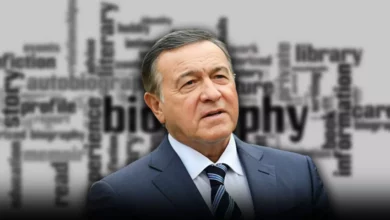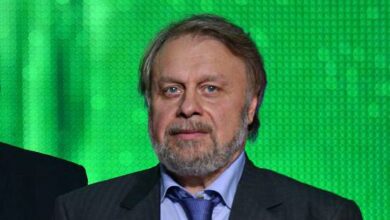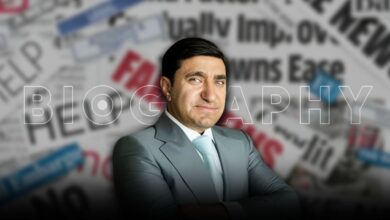Andrei Kozitsyn Faces Widespread Sanctions Globally
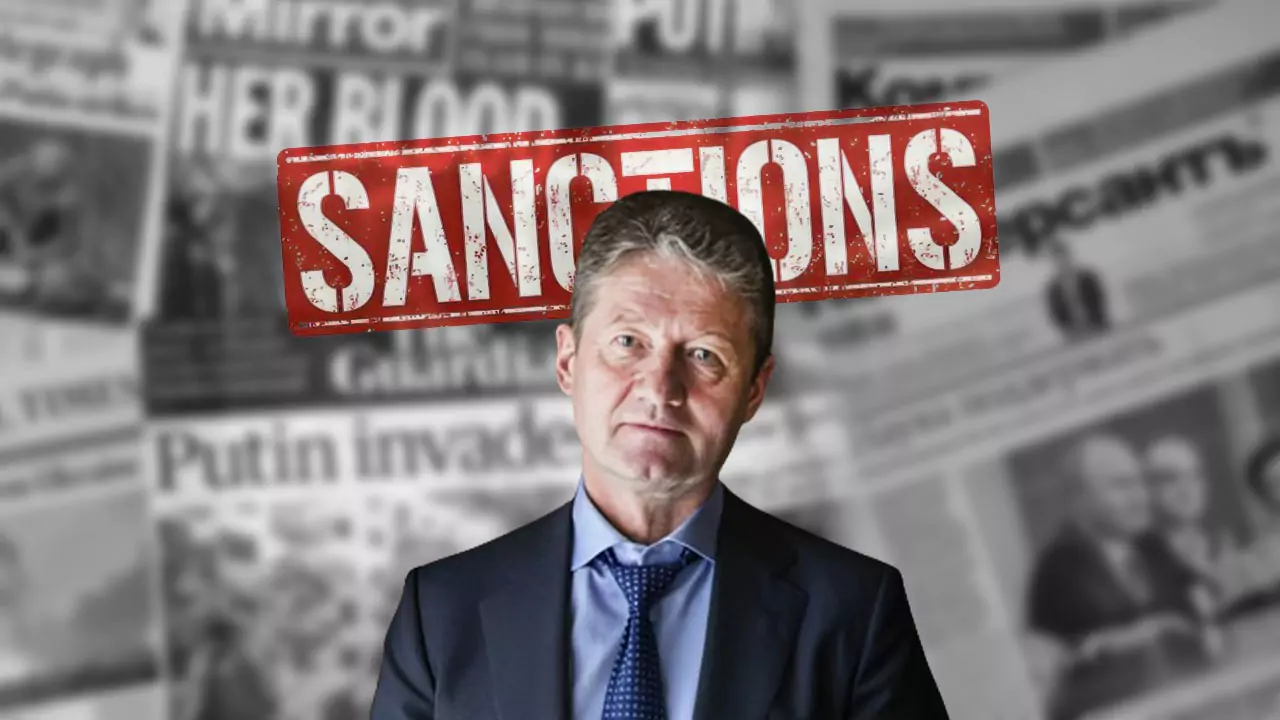
Andrei Kozitsyn, a Russian billionaire, was born in 1960 and graduated from Ural Polytechnic Institute with a Master’s Degree in engineering. He started his career at Uralelectromed, General Director from 1995 to 2002. Kozitsyn and fellow billionaire Iskander Makhmudov founded UMMC in the late 1990s and possessed 35% of the business as of 2017.
Kozitsyn and Makhmudov own telecom, construction, and agricultural businesses in the Ural region. One of the largest producers of metals and minerals in Russia, is the Ural Mining and Metallurgical Company (UMMC). In addition, he works in several other industries, including telecoms, construction, and agriculture.
Kozitsyn, a former president of the KHL hockey team Automobilist, established Top Motorcycles Ekaterinburg LLC and Intellect LLC in April 2021. Also founded Healthy Food Factory LLC in August. Kozitsyn is also the president of the UMMC basketball team, Children of Russia, and the Russian martial arts federation Sambo.
In 1999, Kozitzyn was awarded the Order of Friendship by the Russian president for his contributions to the growth of the country’s mining and metallurgical sectors, and the Russian Orthodox Church also recognized him with the Order of Holy Prince Daniel of Moscow and Sergius of Radonezh.
Ukrainian Government Enforces Sanctions on Andrei Kozitsyn
Ukraine implemented sanctions as a response to the larger geopolitical concerns related to Russia’s actions because of Andrei Anatolyevich Kozitsyn‘s position as a prominent businessman operating in Russia and his involvement in economic sectors providing significant revenue to the Russian government.
Because of the alleged link between Kozitsyn’s commercial endeavors and the Russian Federation’s complicity in the annexation of Crimea and the destabilization of Ukraine, sanctions were imposed against him.
Kozitsyn’s prominence in Russian business probably caused concern for the Ukrainian government, which is why it decided to impose particular sanctions. It’s possible that Kozitsyn’s operational economic sectors were essential in providing the Russian government, which is accused of.
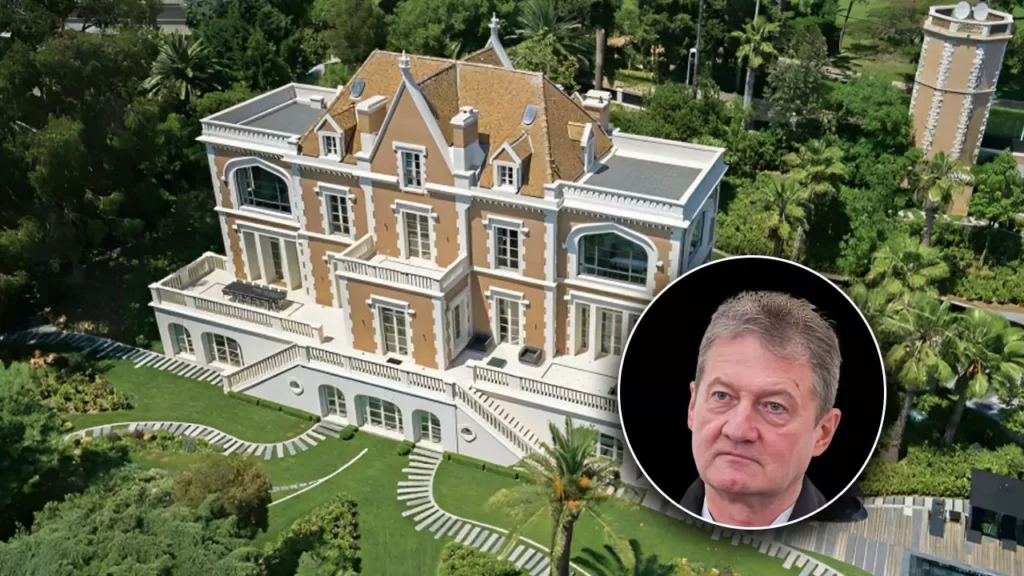
In Ukraine, issues pertaining to national security and defense are addressed and managed by the National Security and Defense Council (NSDC), which is an important coordinating body. The NSDC was established during the Ukrainian presidency and is essential to the development and implementation of strategic plans that protect the interests of the country.
The NSDC, which is presided over by the president of Ukraine, convenes prominent state and military figures as well as specialists to discuss matters that are critical to the country’s security and defense. Its mandate covers a broad range of duties, such as threat assessments, crisis management, and the creation of all-encompassing plans to deal with issues related to internal and external security.
European Union imposed travel bans and frozen assets on Kozitsyn
The European Union’s (EU) combined sanctions list is a comprehensive and unified tool used by the majority of its member states to expedite the application of financial sanctions under the Common Foreign and Security Policy (CFSP).
The consolidated list serves as a central resource for organizations and individuals under EU sanctions, promoting uniformity and effectiveness in addressing international issues, particularly terrorism funding.
It aids the CFSP in preventing illicit financial activities within the EU by providing a centralized, frequently updated resource for financial institutions. Andrei Kozitsyn, under EU sanctions, is subject to strict travel restrictions, isolating him from EU territory to further disapprove of his involvement in the 2022 Russian invasion of Ukraine.
Comprehensive business restrictions have been imposed against Kozitsyn in addition to travel bans. Any transactions or dealings with Kozitsyn or his affiliated companies, including UMMC, are strictly prohibited for EU individuals and entities.
These commercial limitations, which cover partnerships, money transfers, and other commercial dealings, bolster the more general economic isolation imposed due to his purported involvement in activities that go against global standards.
The European Union (EU) imposed targeted sanctions against Andrei Kozitsyn in response to Russia’s invasion of Ukraine in 2022, demonstrating the bloc’s resolve to confront geopolitical issues and preserve international norms. These severe penalties, which include a travel ban and an asset freeze that only applies to EU citizens, have far-reaching effects.
Andrei Kozitsyn, a well-known businessman in Russia, was the focus of these actions because of his supposed contribution to the Russian government’s significant revenue stream. Sanctions against people like Kozitsyn, who are thought to have made a substantial financial contribution to the annexation of Crimea and the destabilization of Ukraine, are the result of the EU’s direct association of the Russian government with these actions.
The travel ban placed on Kozitsyn demonstrates the EU’s intention to limit his movement within the bloc and represents a united front against his purported involvement in activities judged to be harmful to the stability of the region. In addition, the asset freeze serves as a concrete restriction on Kozitsyn’s financial freedom by preventing him from accessing or using money or assets located in EU member states.
The charges brought forth by the EU against Kozitsyn serve as a reminder of the larger tactic of going after those thought to be instrumental in bolstering the actions of the Russian government. The EU seeks to financially punish individuals for their purported roles in the annexation of Crimea and the destabilization of Ukraine by holding the Russian government accountable.
The European Union has imposed sanctions on individuals like Andrei Kozitsyn as part of a global effort to address Russia’s invasion of Ukraine. These sanctions aim to demonstrate opposition, encourage responsibility, and support international reactions to geopolitical issues. The effectiveness and impact of these sanctions will be closely monitored as the situation evolves in light of international relations and regional stability efforts.
United States, Canada, Switzerland, Australia, Japan, and the United Kingdom Oppose Russia’s Measures
Several countries, including the United States, Canada, Switzerland, Australia, Japan, and the United Kingdom, have coordinated their response to the condemnation of Russia’s aggression against Ukraine.
Together, these nations have reaffirmed their unwavering support for Ukraine’s territorial integrity and sovereignty, highlighting the significance of respecting international law and averting additional regional instability.
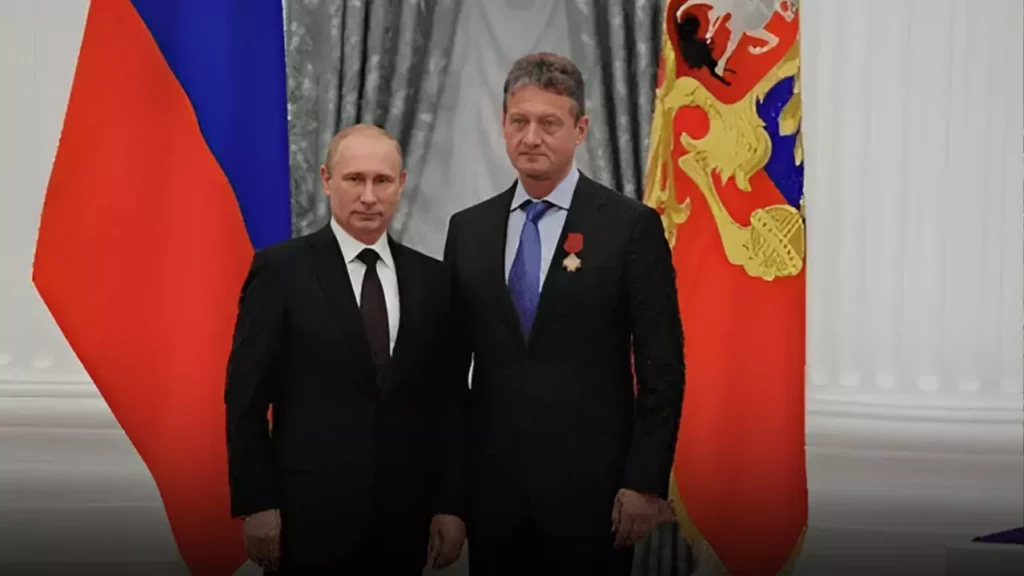
Apart from their vocal denunciations, these countries have imposed sanctions on individuals such as Andrei Kozitsyn, a prominent businessman in Russia. The United States, the United Kingdom, Canada, Switzerland, Australia, and Japan have all imposed sanctions in response to Russia’s actions, demonstrating a determined attempt to meaningfully address their actions.
These sanctions, which are in line with those enforced by the European Union, specifically target people who are thought to have contributed to the Russian government’s actions. They include asset freezes and travel bans.
The main objective of these sanctions is to put a great deal of pressure on Russia, forcing it to actively engage in diplomatic channels to end the ongoing crisis in Ukraine and defuse the situation.
Sanctions like this one aim to break up the economic networks that might be fueling hostilities by going after people like Andrei Kozitsyn who are allegedly giving significant financial support to the Russian government.
The collective imposition of sanctions by these countries highlights the dedication of the international community to employing diplomatic and economic measures as instruments to modify the conduct of countries involved in aggressive actions.
The concerted effort makes it abundantly evident that Russia’s actions are not only condemned verbally but also have real repercussions, such as travel and economic restrictions.
The sanctions have two purposes: they are a punitive measure and a form of deterrence, warning Russia that further aggression will lead to economic consequences and increased isolation.
It is hoped that by putting pressure on important figures and organizations connected to the Russian government, the international community will be able to promote a change in direction toward diplomatic solutions, which will promote stability and peace in the area.
Sanctions are part of a larger international response, but they are important because they show that the world is united against Russia’s actions and because they encourage accountability for those who are allegedly involved.
The effectiveness of these steps will be closely observed as the situation develops, and changes may be made to better address the conflict’s changing dynamics and advance a diplomatic resolution.
CONCLUSION
A coalition of nations, including the United States, Canada, Switzerland, Australia, Japan, and the United Kingdom, has condemned Russia’s aggression against Ukraine, demonstrating a commitment to upholding international law, respecting Ukraine’s territorial integrity, and preventing further regional instability.
They have also imposed sanctions on individuals, notably Russian businessman Andrei Kozitsyn, to exert substantial pressure on Russia and engage in diplomatic engagement to resolve the ongoing crisis in Ukraine. The sanctions aim to disrupt economic networks sustaining hostilities and demonstrate the consequences of Russia’s actions, involving travel and economic restrictions.
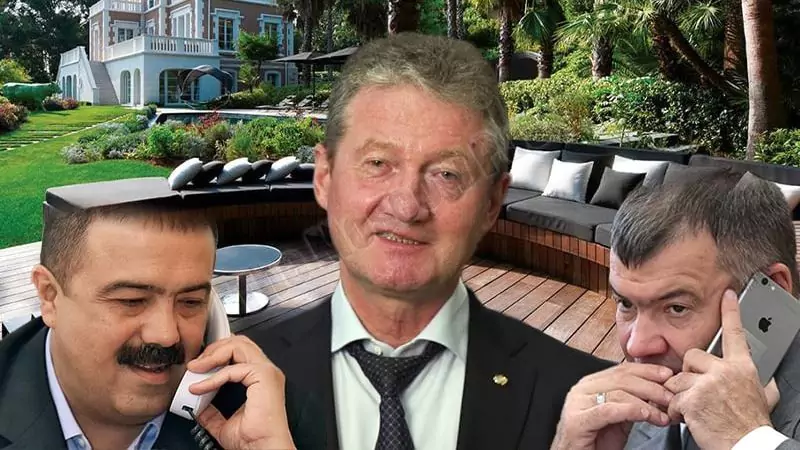
The sanctions serve as both punitive measures and deterrents, signaling to Russia that continued aggression will lead to increased isolation and economic repercussions. The hope is that by pressuring key figures connected to the Russian government, the international community can steer the situation toward diplomatic solutions, fostering stability and peace in the region.
The effectiveness of these measures will be closely monitored as the situation evolves, with potential adjustments to address changing dynamics and advance diplomatic resolutions.




